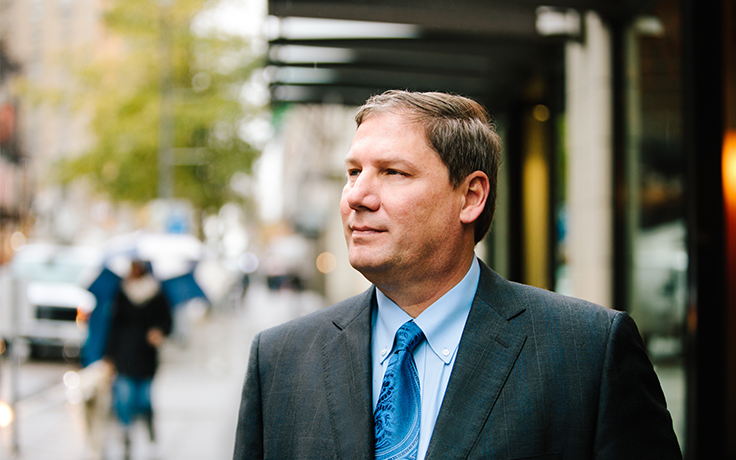By Marc Stiles – Staff Writer
August 31st 2020, 2:29 PM EDT
Six months into the pandemic, the Seattle region has gone from a pure crisis to a managed one where uncertainty still reigns, fueled in part by continued civil unrest.
So this is no time for companies to make long-term decisions, business leaders said during a recent program in the Business Journal’s Recover Seattle series. They think Seattle has the resilience and economic heft as a tech hub to bounce back, but said the notion that social unrest has brought the city to its knees is a hindrance.
“You don’t really realize how the perception of Portland and Seattle has been impacted until you talk to others across the country and they’re like, ‘Are you in crisis? What’s going on?'” said panelist Pat Callahan, founder and CEO of Urban Renaissance Group. (URG co-sponsors the Recover Seattle series.)
There are small signs that things are beginning to resemble prepandemic conditions, but there’s a long way to go as the virus still spreads.
As home to Boeing plants and the headquarters of Alaska Airlines, its economy also is highly dependent on travel. Panelist Glen Hiemstra, CEO of Seattle-based Futurist.com, said the travel industry probably will come back the slowest.
“I don’t think we return to 2019 levels of travel for a minimum of five years,” he said.
People are spending more time at the office than at the start of the summer, when Callahan said workers were coming in about 10% of the time. Now it’s 20%, according to observations of employees by Callahan’s company, which manages 9.6 million square feet if office space in Seattle and Bellevue.
He thinks this is due to general feeling that the crisis is be being better managed now that there’s a better understanding of how the contagion spreads.
According to a survey of program audience members, nearly half were going in at least some days each week, while the other half either never went in or just once in awhile.
Hiemstra is advising clients not to make long-term decisions in response to Covid-19. He said “there’s a real mixture of opinion” in the futurist research community about whether the changes that are occurring are permanent or temporary.
There is a general belief the coronavirus will lead to a mass migration out to the suburbs, though panelist Matthew Gardner, Windermere Real Estate’s chief economist, said he hasn’t seen this “in the (Seattle area) data at all quite yet.”
He expects the size of new homes will increase as buyers want dedicated workspaces which builders have been shedding for several years.
Callahan said commercial rental rates are holding steady but said there could be some pressure on rates. He added that while institutional investors haven’t been buying as of late, they remain interested in Seattle.
Callahan said he doesn’t think Covid ultimately will be part of his company’s strategic planning. He thinks issues related to disparity and race are permanent issues but not permanent problems.
“These are long-term things that need to be solved. A strategic plan by any company that’s not thoughtful about those issues is bad,” he said.
